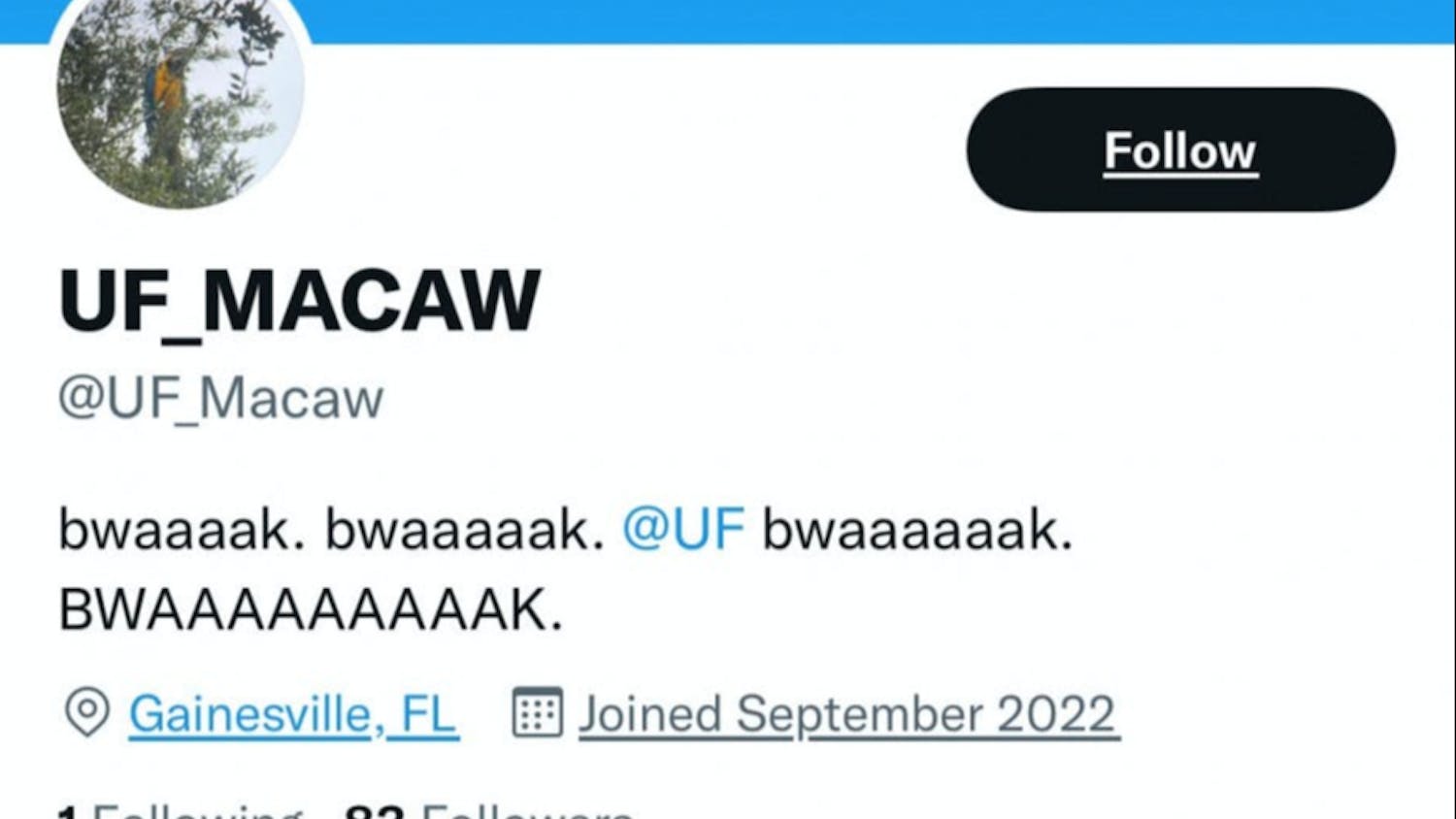O
n Monday morning, Monica Lewinsky joined Twitter.
Lewinsky spoke at Forbes’ “Under 30 Summit,” which was geared toward successful millennials. She told the crowd about her plans to lead a cultural revolution against the Internet’s culture of harassment. She called herself “Patient Zero,” because after the scandal in which she was implicated as Bill Clinton’s alleged mistress, she was harassed through chain emails and on message boards. Lewinsky was inspired to speak out about online harassment after Rutgers University student Tyler Clementi took his own life. Clementi was driven to suicide in the wake of harassment he received when his roommate posted video taken in secret of him and another man kissing on the Internet. In an effort to “give purpose to (her) past,” Lewinsky started her campaign.
Within hours of Lewinsky joining Twitter, people began harassing her, vilifying her again for her role in the late ‘90s scandal, as if it doesn’t take two to tango and that her past indiscretions completely discredit her as a voice against a malignant trend that hurts real people.
But this perfectly illustrates Lewinsky’s point. Online harassment has become expected — so entrenched that people accept it as one of the unalterable realities of life. The re-emergence of a public figure of Lewinsky’s caliber is telling, because her “cultural revolution” is in sync with a new culture war’s first skirmish.
This skirmish is GamerGate and its surrounding controversies.
GamerGate is a social activism movement that began in August when Zoe Quinn, who developed the critically acclaimed indie game Depression Quest, broke up with her boyfriend. Enraged, he took to his blog and said, among other things, that Quinn had cheated on him with a journalist from the game site Kotaku. Quinn’s boyfriend claimed this was the only reason her game took off: reviews in exchange for sex. Outrage radiated from this story into the general body of gaming journalism, despite the fact that the story of the affair was totally unfounded and Kotaku never even published a review of Depression Quest.
Masquerading under the banner “Ethics in Games Journalism,” supporters of GamerGate are patrolling social media and online forums, harassing anybody they deem subversive to their vision of what the gaming community should be.
There are, of course, good people involved with GamerGate who hold legitimate concerns about gaming journalism, and their voices should be heard. In spite of these noble people with noble intentions, though, GamerGate has become a front for hordes of reactionaries. It has effectively become a massive act of pointing to the crudely painted “No Girls Allowed” sign in front of the clubhouse and shouting down all who suggest otherwise with rape threats.
Demographically, these people don’t represent the gaming community at all. Gamers are simply people who enjoy playing video games. That is a huge and extremely diverse demographic.
However, a small but loud segment of the movement sincerely believes feminists are in league with a progressive media establishment and waging a war on gamers and gaming. Figures who have nothing to do with gaming are now using this vaguely right-wing, anti-establishment stance as a launchpad for their rhetoric against institutions outside of gaming. Everyone is entitled to their opinions, even if those opinions are barely veiled justifications to keep women out of gaming and maintain the precious status quo. Their toxic ideology gives those who buy into it an excuse to harass and threaten women and men to the point where they’re afraid to live in their own homes. As an example of this harassment, when feminist game critic Anita Sarkeesian announced her plans to speak at Utah State University, a man emailed the university and pledged to commit “the deadliest school shooting in American history” in response.
This is culture war in the time of the Internet. One can only hope Lewinsky will save us now.
Alec Carver is a UF journalism sophomore. His column appears on Thursdays.
[A version of this story ran on page 6 on 10/23/2014]





